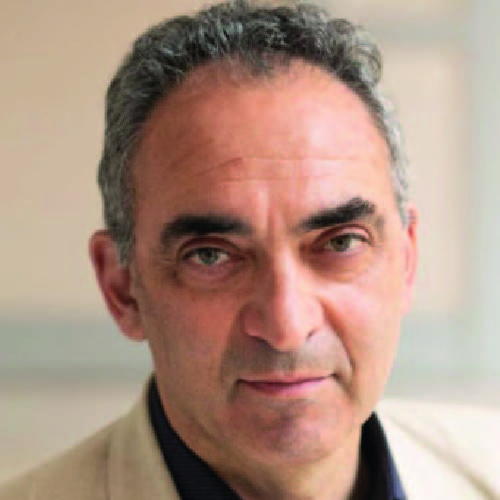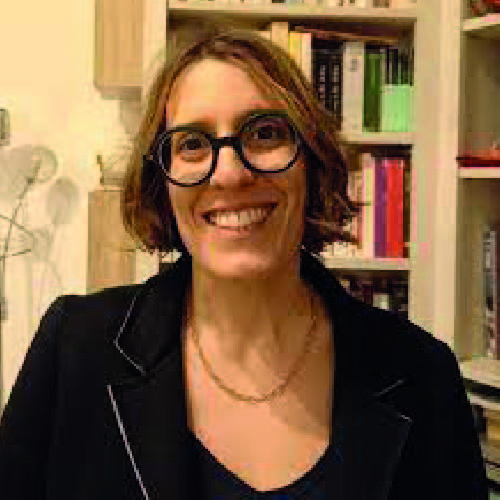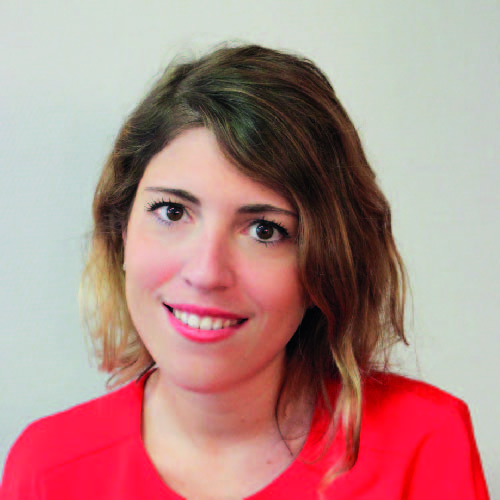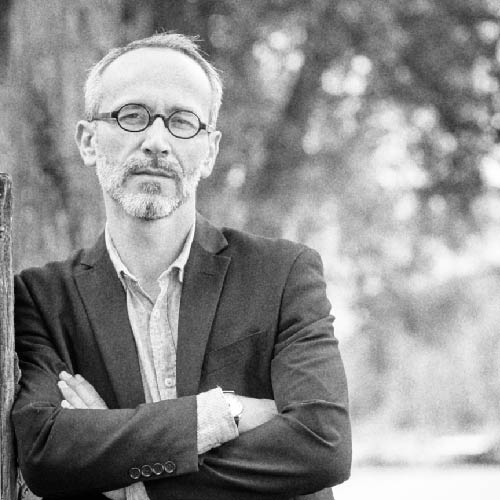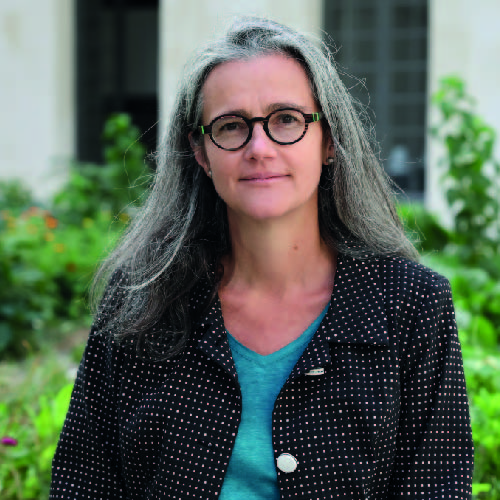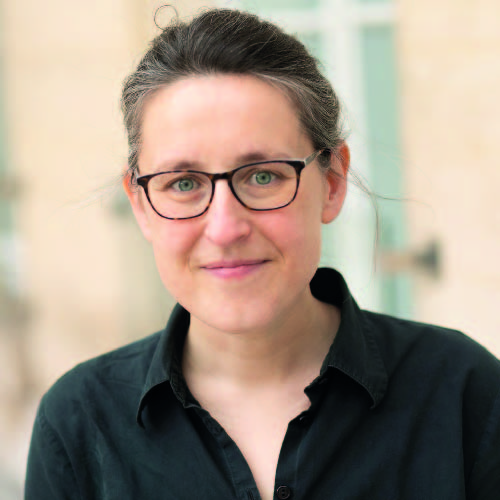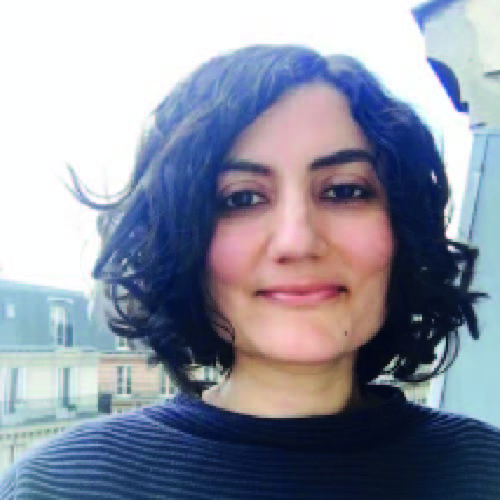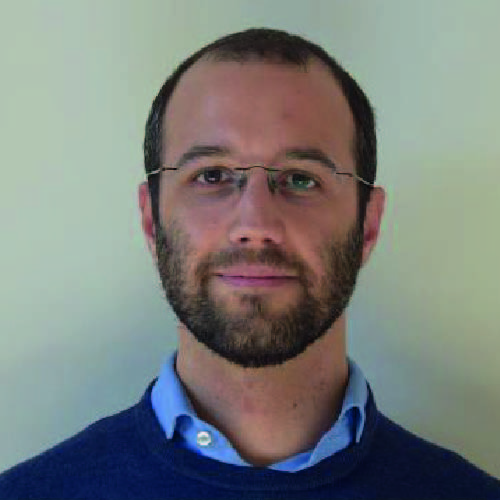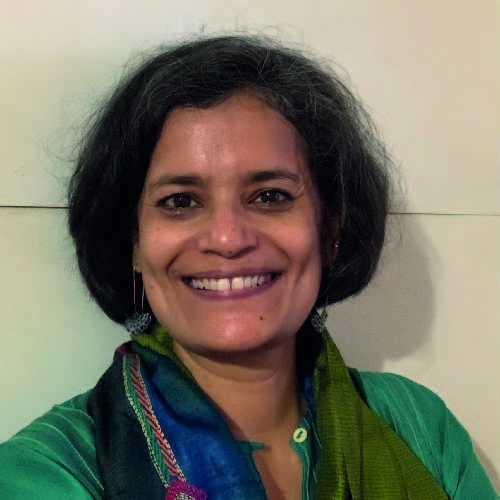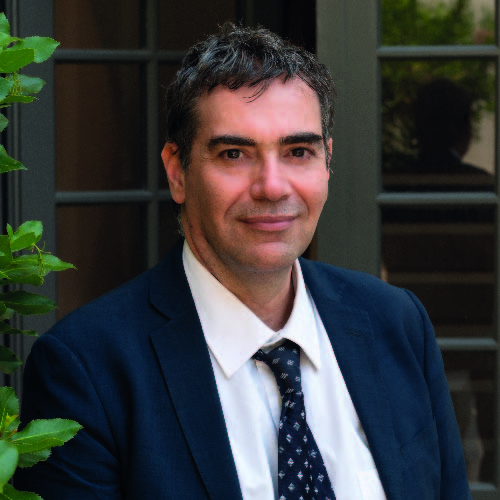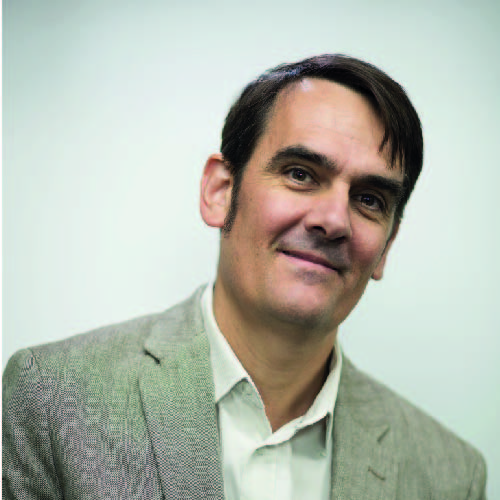AESOP 2024 ANNUAL CONGRESS | TRACKS
36th AESOP Annual Congress 2024 Paris, France
“GAME CHANGER? Planning for just and sustainable urban regions”
Track 09: INCLUSION
Planning for Fair, Plural, and Welcoming Cities
Chairs:
- Stefano Cozzolino, ILS Dortmund
- Christine Lélevrier, Université Paris Est Créteil
- Dalila Sicomo, Università degli Studi di Palermo
- Anita De Franco, Polytechnic University of Milan, University of Pavia
- Stefano Moroni, Polytechnic University of Milan
There is a growing awareness of the significance of diversity and the tensions it may generate in societies, with major cities leading the way in facing this challenge. Inclusivity is now a fundamental principle in urban planning theories and practices, marked by a renewed commitment to advocating for cities that are fair, multicultural, welcoming, and open to all. Among other topics, issues such as migration, multiculturalism, minority groups, gender, religion, identities, accessibility, and the quality of essential services and spaces, as well as urban inequalities, urban poverty, and the emergence of diverse lifestyles (or the possibility of embracing new ones), are all central to the contemporary discourse. How can planners deal with these challenges? What kind of planning frameworks and approaches can better support inclusivity?
This track aims to thoroughly explore the multifaceted concept of inclusion in urban planning, with a particular focus on the idea of the open city—a city capable of embracing diversity, multiculturalism, experimentation, and fairness while acknowledging the diverse challenges planners must address in upholding these values. It is designed to encompass a wide range of contributions, including theoretical reflections, ethical perspectives, urban policies, urban design strategies, discussions on regulation and the law, interesting case studies, analyses from the field, best practices, and other pertinent urban planning viewpoints that can enhance the contemporary discourse. Therefore, the track welcomes diverse contributions, encompassing the formulation of policies and planning interventions, examinations of current socio-spatial dynamics, and broader reflections on the issue at hand.
The track aims to facilitate a dynamic exchange of ideas and experiences and welcomes abstracts addressing, but not limited to, the following themes:
- Diversity and Equity: How can urban planning promote equity and accommodate the diverse needs of urban populations?
- Cultural Integration and Coexistence: What strategies can cities employ to foster cultural integration and multiculturalism?
- Community Engagement and Minority Groups: How can planners ensure that residents can be heard and included in relevant decision-making processes?
- Welcoming and Accessible Cities: What initiatives can cities, along with other public and private actors, implement to create welcoming environments for newcomers, individuals with disabilities, etc.?
- Open Space and Social Interaction: How can open spaces and the built environment be designed to promote interaction and exchange among diverse people?
- Social and Economic Inclusion: What policies and practices can bridge the gap in access to resources, education, employment opportunities, and (small) entrepreneurship?
Keywords: Diversity, Equity, Cultural Integration, Coexistence, multiculturalism, Community Engagement, Minority Groups, Welcoming and Accessible Cities, reception systems, Open Space, Social and Economic Inclusion
LOC
The Local Organising Committee
